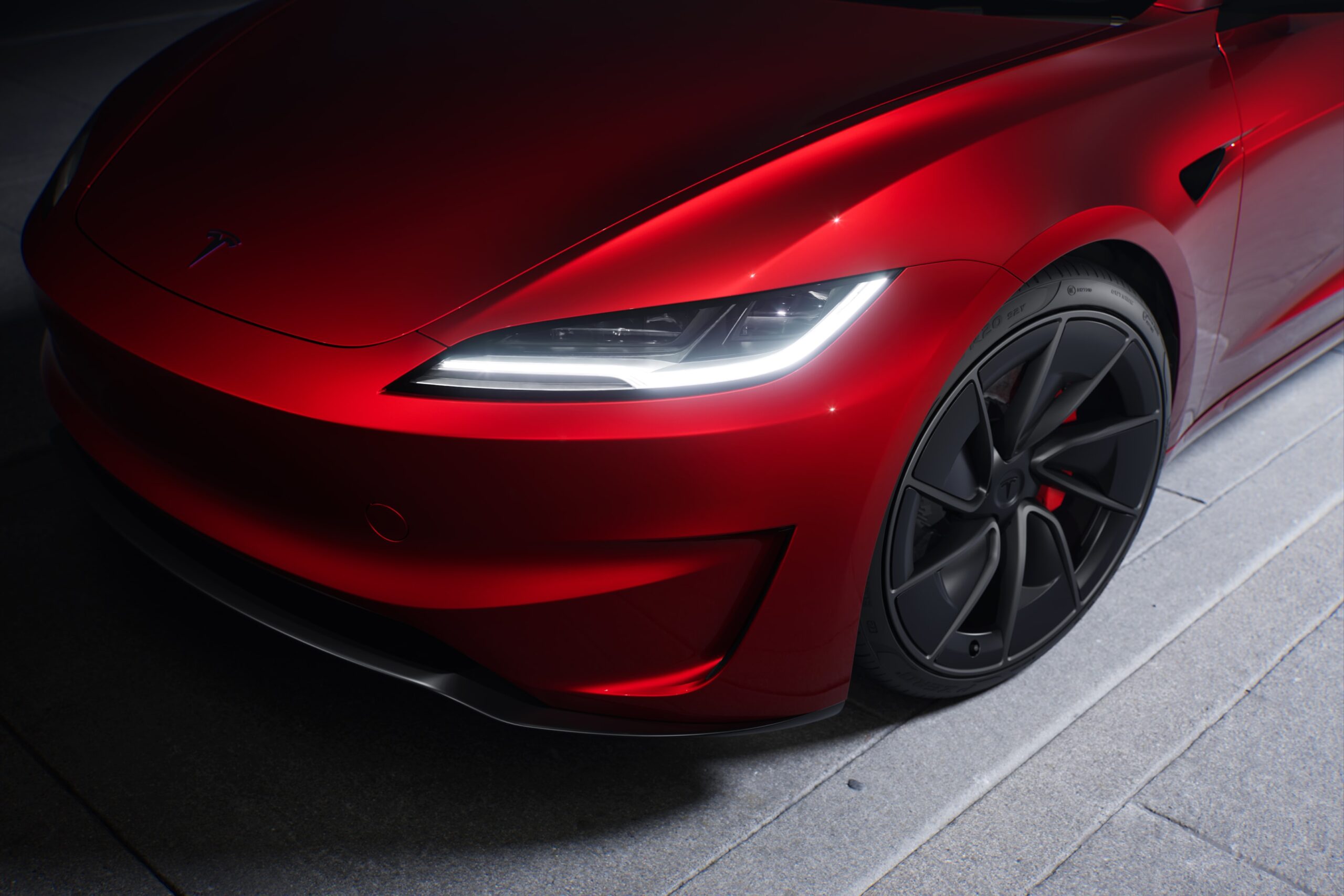
Tesla has officially entered the Indian market with the opening of its first showroom, marking a significant milestone nearly nine years after CEO Elon Musk first hinted at the move in April 2016. The delay reflects the challenges Tesla faced navigating one of the world’s largest and fastest-growing automotive markets.
The company calls its inaugural retail space an “Experience Center,” located in Maker Maxity Mall in Mumbai’s Bandra Kurla Complex, the city’s central business district. Spanning 4,000 square feet, the center features the Model Y in both rear-wheel drive (RWD) and long-range RWD versions, imported from Tesla’s Shanghai factory.
Prices start at ₹59,89,000 (about $68,000) for the Model Y RWD, while the long-range RWD costs ₹67,89,000 (approximately $79,000). Tesla also offers a full self-driving package for ₹600,000 (around $7,000).
Ordering and Delivery Plans
Indian customers can begin placing orders immediately for delivery in Delhi, Gurugram, and Mumbai by paying a non-refundable deposit of ₹22,220 (approximately $260). Deliveries for the RWD version are expected to commence in Q3, while the long-range variant is slated for Q4.
Ahead of deliveries, Tesla has committed to establishing four charging stations each in Mumbai and Delhi, including Supercharger and destination charger posts. A second showroom in Delhi is also planned to open later this month as Tesla expands its presence in India.
Tesla intends to begin importing cars from its Berlin facility once the India-EU free trade agreement is finalized.
India ranks as the fourth-largest automotive market globally, producing nearly 6 million vehicles annually. However, electric vehicle adoption remains limited, with two-wheelers dominating the EV segment. The Indian government aims for 30% of all vehicle sales to be electric by 2030.
Years of Negotiations and Market Challenges
Since Musk’s 2016 announcement and initial deposit collections, Tesla’s India debut faced several delays, in part due to ongoing negotiations with Indian officials, including multiple meetings with Prime Minister Narendra Modi. The government has pushed Tesla to consider manufacturing locally, but Musk has yet to commit to building a factory.
Tesla has expanded its local team but currently lacks a specific country head after Prashanth Menon’s resignation in May. Tesla CFO Vaibhav Taneja is overseeing India operations alongside local board members handling policy, sales, and HR.
In April 2024, New Delhi reduced EV import taxes, allowing Tesla to bring vehicles in at lower costs. Despite this, the company has stated that high import duties remain a challenge, but the Indian market is viewed as promising.
Tesla’s India entry comes amid sales pressures in other key markets. In China, local competitors such as BYD have been eating into Tesla’s market share, though Tesla’s China-made EV sales rose 16% year-over-year. However, Tesla’s Q2 deliveries dropped 6.8% year-over-year, marking the third consecutive quarterly decline.
European sales have fallen nearly 28% year-over-year for five straight months, despite overall growth in the European auto market. U.S. sales have declined 13% year-over-year in the first half of 2025, totaling 255,000 units. Globally, Tesla’s sales slipped 13% to 443,956 units in Q2.
What The Author Thinks
Entering India represents a vital opportunity for Tesla to regain growth momentum as competition intensifies in its traditional strongholds. The delayed market entry may actually work to Tesla’s advantage by allowing it to learn from other markets’ challenges and tailor its strategy accordingly. However, success will depend on Tesla’s ability to navigate India’s complex regulatory environment, reduce costs for consumers, and accelerate charging infrastructure. The Indian EV market’s rapid expansion could offer Tesla a new growth engine, but only if it commits to localization and long-term investment.
Featured image credit: RepairWise
For more stories like it, click the +Follow button at the top of this page to follow us.
